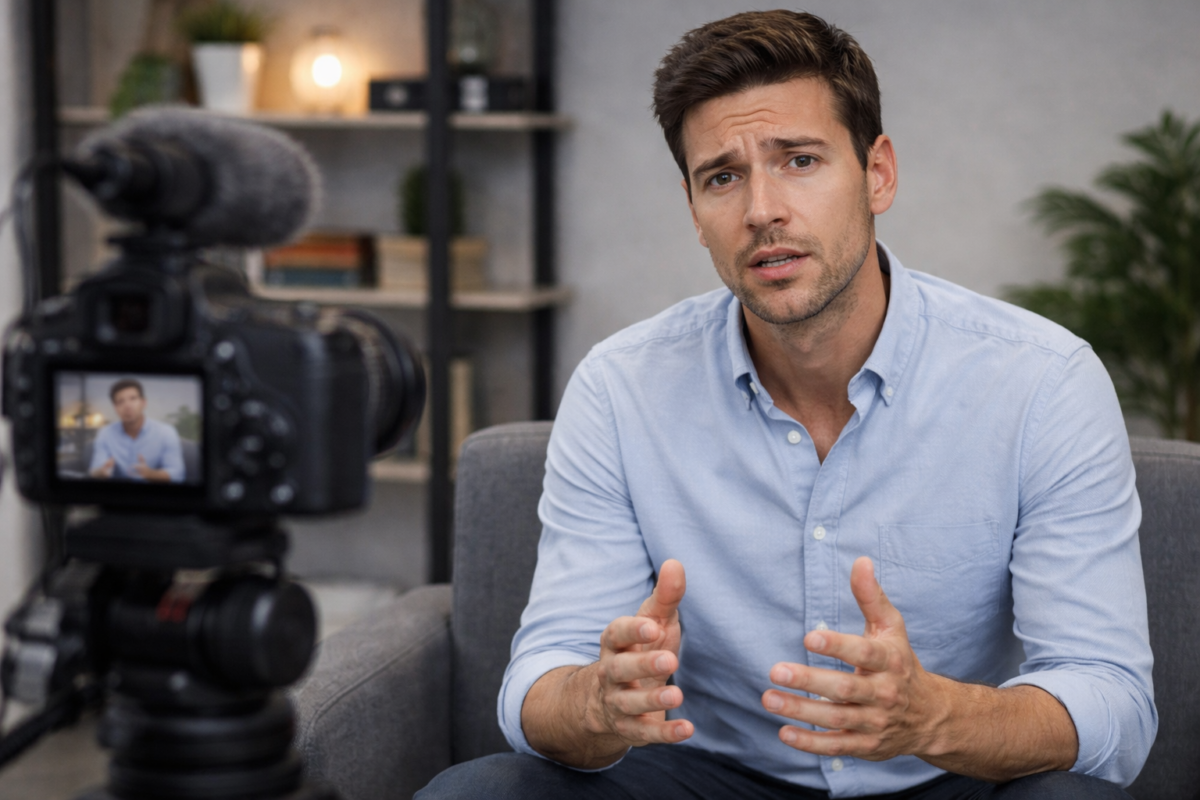A new, unique online session will teach participants evidence-based media interview preparation and delivery techniques.
In this one-hour online training session, Jo Detavernier will clearly explain – and illustrate with examples and demonstrations:
- how spokespeople should prepare for media interviews (15%)
- what effective media interview delivery techniques look like (80%)
- how interviewees should follow up with journalists (5%)
Among the delivery techniques covered are bridging, flagging, and headlining. Participants will also learn how to best prepare and structure their messaging, how the media works (including news value, attribution, and exclusivity), and what to do once the interview has taken place.
Special attention will be given to message development and delivery techniques that are evidence-based, meaning that psychological research has validated these techniques as effective.
After the session, participants will receive a video recording of the training, which will not be made public or shared with others.
Ten percent of the proceeds will be donated to Bookspring,, an Austin, TX–based nonprofit that makes gently used children’s books freely available to low-income children in Central Texas.

